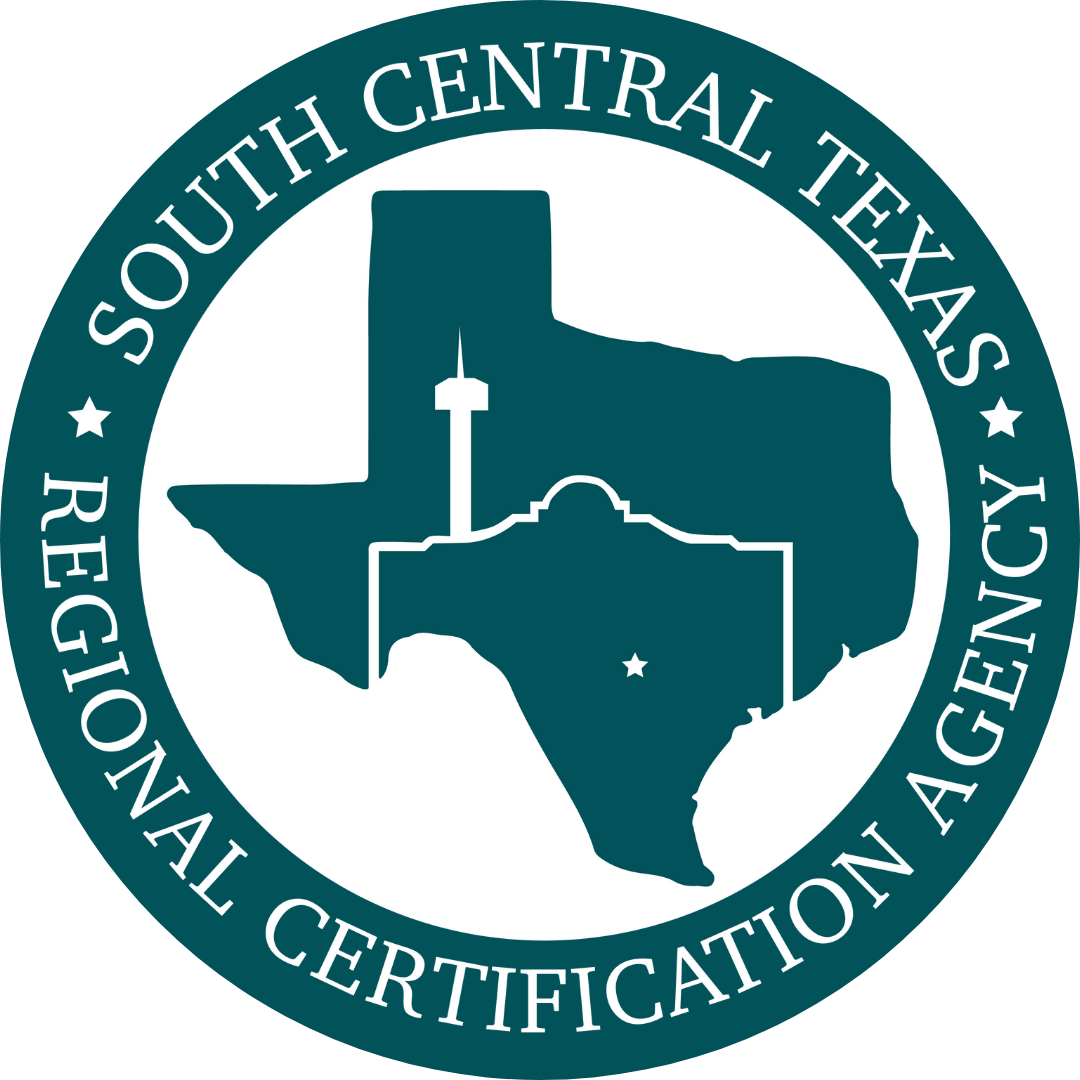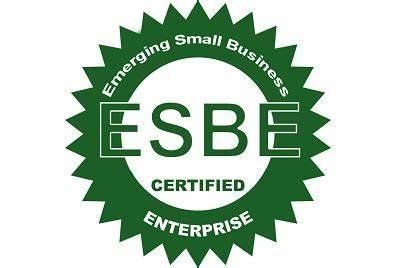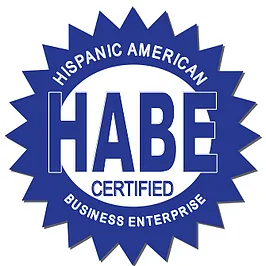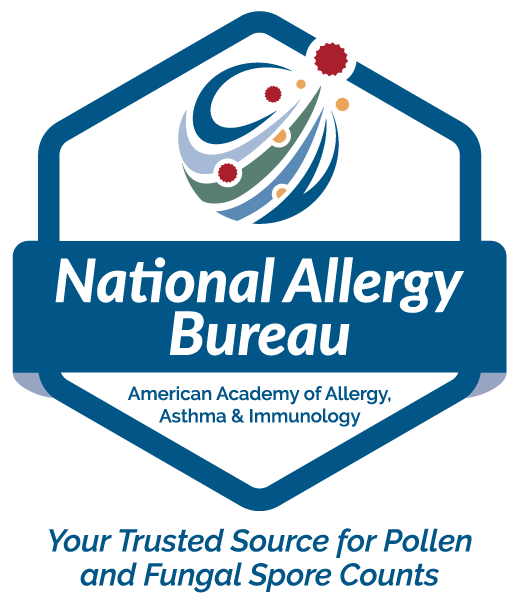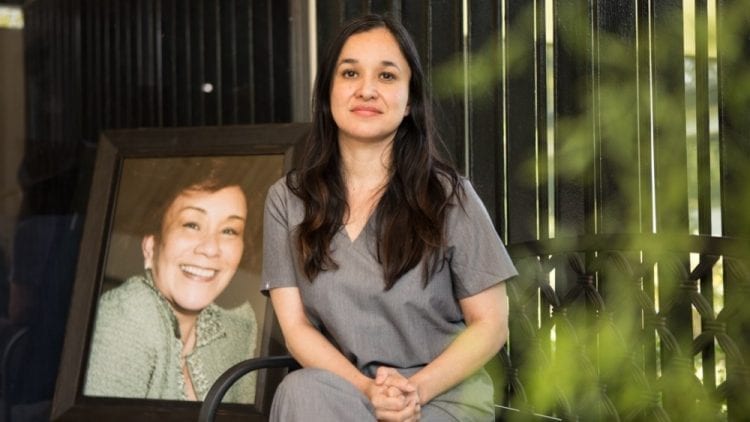
This story was originally published by San Antonio Report and can be found here.
Dr. Erika Gonzalez is a mother and a military veteran, a community leader on the rise, a practitioner in and owner of an allergy practice with three locations in San Antonio.
But the coronavirus outbreak has proved unsparing and, on Wednesday, Gonzalez will join her two sisters in reciting the rosary before laying to rest their mother, Laura Gonzalez, who died Aug. 13 from complications of COVID-19. She was 69.
Her death came despite the precautions she took to keep from contracting the virus and efforts by her physician daughter, her family, and the doctors to save her. Having connections to the medical community and knowledge of the health care system were not enough.
“You can bet that we did everything we could, no stone left unturned, no connection that I didn’t try to use,” Gonzalez said. “We were powerless.”
Now Gonzalez is keeping a watchful eye on her 80-year-old father, Heriberto, who is still hospitalized with the virus but appears to be recovering.
The couple fell ill within days of one another in mid-July. Unlike many victims of the virus, Laura’s symptoms did not include fever, a cough, body aches, or shortness of breath – the most common signs of coronavirus.
Only when she couldn’t eat due to persistent nausea and vomiting – and Laura’s daughters worried their mother could become dehydrated – was she diagnosed and hospitalized. By then, her blood oxygen levels were dangerously low even though she was not complaining of shortness of breath. Heriberto’s hospitalization followed a day later.
Within the week, the Centers for Disease Control and Prevention added nausea and vomiting to the list of coronavirus symptoms, Gonzalez said.
Remembering a mother
Gonzalez describes Laura as the strongest woman she knows. As a young wife and mother who learned English watching daytime TV, Laura returned briefly to her home in Mexico to attend dental school, then rejoined her husband in the U.S. and started her own practice in a border town.
“I have great memories of going to work with my mom,” Gonzalez said of those years in which the seeds of her own medical career were planted.
But Laura was also devoted to her son with special needs and other medical conditions who required extra care and attention. “Not until I became a mom did I fully realize how hard that must have been to take care of a child with special needs and three other young girls and own a small business,” Gonzalez said. “It’s unbelievable to me, honestly.”
In Laura’s later years, following retirement and the death of their son, she took advantage of every day, especially to travel, Gonzalez said. “She lived it to the fullest and never let anything slow her down.”
But when the coronavirus outbreak began in March, Laura and Heriberto sheltered at home, only venturing out to the grocery store. Gonzalez doesn’t know how her parents contracted the virus.
Family advocates
Laura’s first coronavirus test came back negative but it soon became obvious she needed to be hospitalized.
“Like any other family, my two sisters and I were doing our best to advocate for my parents,” Gonzalez said. “We were in touch with all their physicians either because we knew them personally or knew someone who knew them.”
After her mother was intubated and put on a ventilator, the sisters decided to transfer the couple from a private hospital to Brooke Army Medical Center (BAMC). They hoped Laura could receive extracorporeal membrane oxygenation (ECMO) treatment at BAMC, one of only two local hospitals equipped for such care.
The hospital was also a familiar place for them. Gonzalez had done her fellowship training at BAMC and her sister would soon be working there as a specialty surgeon. It felt like home, she said, and Heriberto, as a veteran and one of the first physician assistants to be trained in the Air Force, and his wife were eligible to receive treatment at BAMC.
“It turned out to be one of the best things we did for them,” she said, though Laura’s condition deteriorated before she was able to receive ECMO treatment.
But as her mother faded, the hospital allowed Gonzalez the chance to be with her mom in her final hours – an opportunity she doesn’t take for granted, since many family members have not been permitted to be present as their loved ones died.
Using her voice
A former military physician and now community leader as chairwoman of the San Antonio Hispanic Chamber of Commerce, Gonzalez hopes she can help military medical facilities pioneer a solution that allows families like hers to be with their loved ones dying of the virus. “Because we all know that if we’re taking proper precautions that the risk is a lot lower, and I think in situations like that it will just prevent a lot of mental anguish that some of these families go through,” she said.
The pandemic also accelerated her plans for a nonprofit she founded in April. Months before her own parents fell ill, she established Con Corazón San Antonio, an organization that will work to address health inequity and emergency preparedness in underprivileged communities.
Due to the pandemic, the first initiative of Con Corazón is raising awareness about the importance of donating convalescent plasma to help others recover from illnesses such as COVID-19. While her mother was able to receive plasma therapy, Gonzalez believes it could have improved her chances if she’d had it sooner.
“We’re hoping to turn a very tragic moment in my personal life into hopefully seeing some good come out of it and maybe helping somebody else or another family down the road,” she said.
Gonzalez said she chose to serve as the Hispanic chamber’s chairwoman this year to use her voice to support the small business community, especially in health care.
“Never in my mind did I ever imagine that it would take on a whole different meaning with this pandemic,” she said.
But her platform is now more personal than ever. Despite her grief, she is speaking out now in the hopes she can influence how the community responds to the public health crisis.
“People might think that somebody in my position, whether it’s because I’m a doctor, or whether it’s because I’m the chair of the chamber … I can make it better by my knowledge or connections or whatever,” she said. But in this case, she was powerless to change the outcome for her own mother.
When Gonzalez saw her mother’s perplexing symptoms worsen, she said she felt as bewildered and fearful of the virus as the rest of the medical community.
“How does a virus do what I’m seeing?” she said she thought to herself. “It was a very sobering realization.”





